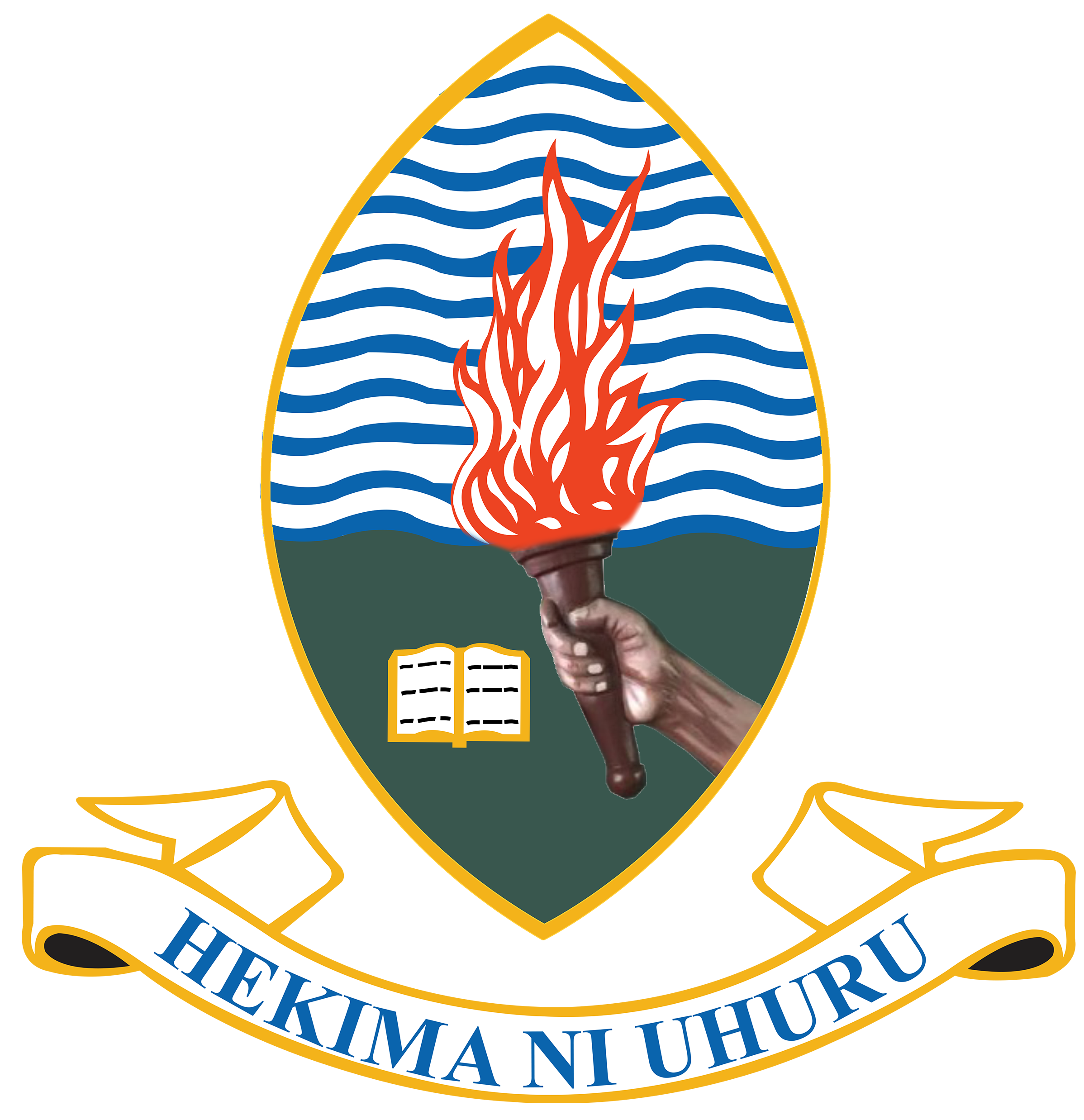Researchers hold a workshop to enhance teacher capacity in Science, Mathematics and Life skills
From 3rd to 5th March 2025, a team of researchers from DUCE (Tanzania), Kibabii University (Kenya), and Juba University (South Sudan) conducted a workshop aimed at enhancing teacher capacity in Science, Mathematics, and Life Skills. The researchers of the project titled Strengthening Teacher Professional Development and Mentorship (STPDM) held their workshop at the APC Hotel and Conference Centre, located in Bunju, Dar es Salaam.
A three-day event was officiated by the Director of Research and Innovation, Prof. Amani Lusekelo on behalf of the Deputy Principal (Academic, Research and Consultancy), Dr. Christina Raphael Isingo.
In his speech, Prof. Lusekelo commended the dedication of all workshop participants, emphasizing their full commitment to ensuring that teachers receive continuous support, mentorship, and access to high-quality professional development resources. He urged all attendees to actively engage in the process, ensuring that the modules developed align with national education goals, support competency-based teaching, and address the real challenges faced in classrooms.
In her opening remarks, the Principal Investigator, Dr. Katherine Fulgence, stated that the project, a 30-month initiative, is aimed at enhancing teacher competencies and improving education quality in Tanzania, Kenya, and South Sudan. She further explained that the project focuses on building teacher capacity in Science, Mathematics, and Life Skills, integrating ICT into teaching and learning, and promoting Gender Equity and Social Inclusion (GESI), all while scaling the School In-Service Teacher Training (SITT) model. She further defined SITT as a practice-based teacher mentorship and support approach that involves training mentor teachers to coach and guide their peers through peer learning exchanges, model lessons, and team teaching.
Speaking during the event, the Principal Investigator from Kibabii University, Prof. Julius Maiyo, stated that the project will be implemented in five phases. Phase one will involve inception, project formalization, and obtaining institutional approvals. Phase two, on the other hand, will focus on situational analysis and baseline reporting. Phase three will focus on adopting the Primary SITT model, while phase four will aim to build capacity among stakeholders. Finally, phase five will concentrate on advocacy and the continuation of activities.
During the workshop, presenters identified challenges in Teaching Science and Mathematics to include insufficient resources, limited access to up-to-date textbooks and teaching materials, gaps in content knowledge on complex topics, minimal focus on practical applications of theoretical concepts and overcrowded classrooms reduce individual student support. Other presenters highlighted the lack of hands-on workshops and mentorship for new teachers, limited exposure to innovative teaching methods, heavy workloads, few opportunities for peer collaboration, and inadequate alignment between the curriculum and classroom resources.
In general, researchers and universities should continue to empower teachers and transform education for the betterment of both students and nations. This project offers numerous benefits. For example, it is expected to positively impact 21 Teachers' Colleges (7 from each country) and approximately 105 Primary Schools. Therefore, governments should streamline teacher mentorship programs to ensure the effective and sustainable delivery of mentoring services.








